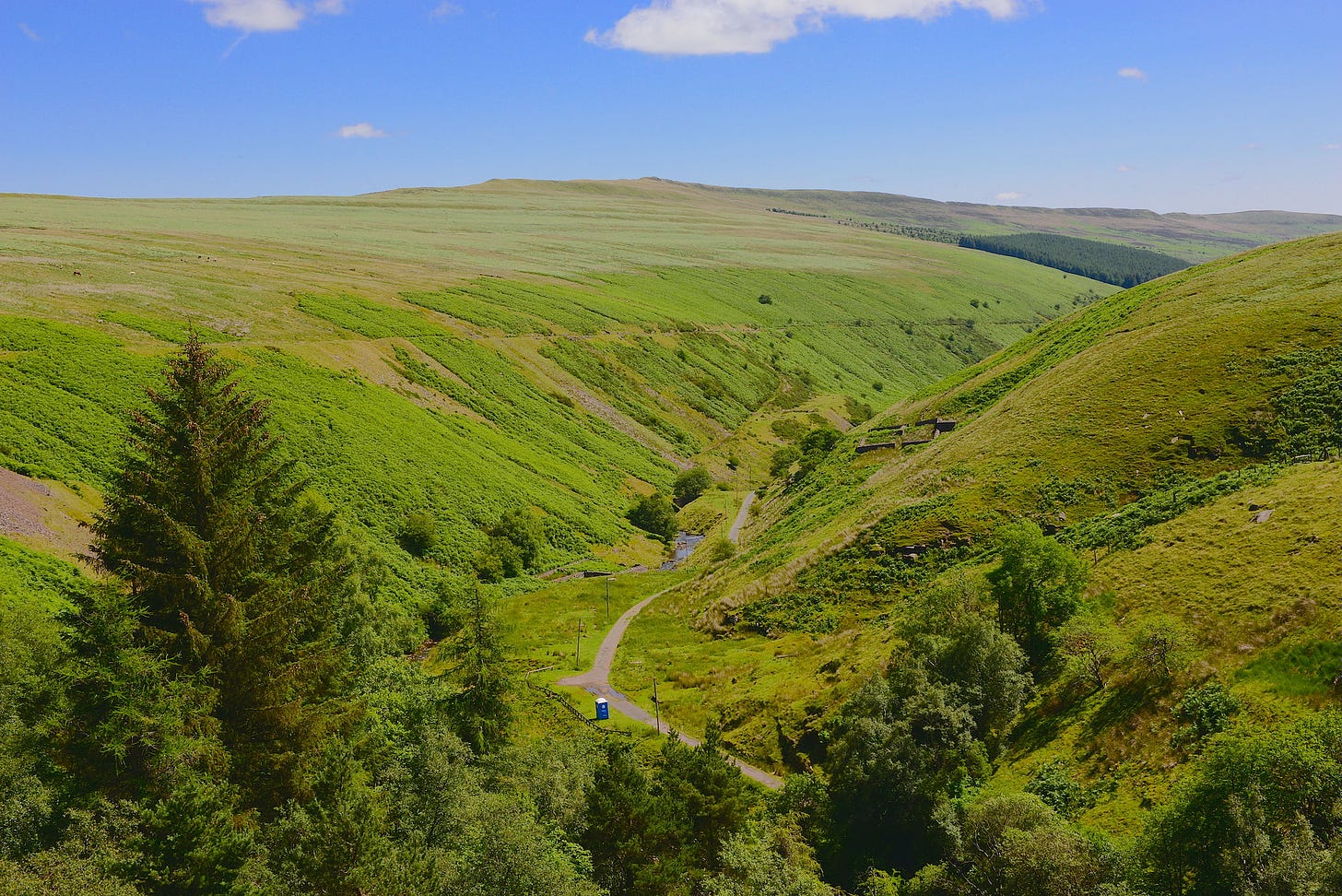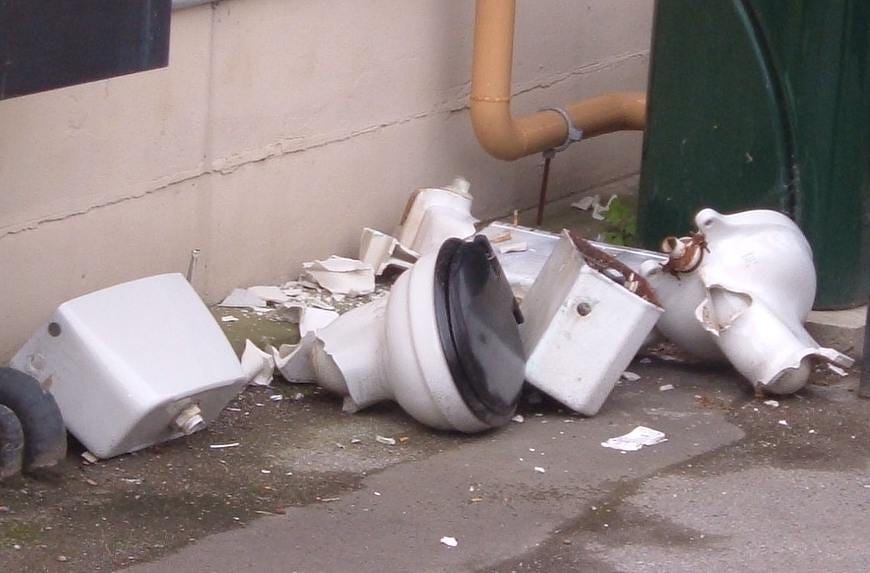Perhaps the first walls and fences we built tens of thousands of years ago marks the start of the Great Decline?
Perhaps the fight to survive, thrive, and surpass the limits of the natural world is a devolution and regression, and progress is ego’s myth?
Perhaps our consciousness lies buried beneath this grand deceptive parasitic endeavour called civilisation? It stems from fear, fear that we cannot simply walk out into the world of trees, rivers, blood, bugs, poopy smells, and wildness, to survive, and then die. Ultimately we are running away from this necessity of death. Perhaps?
So, how can we turn the tide? Survive civilisation. Plumb consciousness. Sit with death.
Perhaps civilisation itself is not the problem, but rather our veneration of it. A veneration born from an abject refusal to look death full in the face. This idolatry of life mars our social function, stirs tumult in our body and psyche, and wears us down with a heavily and healthily denied sense of wrongness.
Perhaps. Or, maybe we are just complaining about nothing. Everything’s fine, life’s fine, she’ll be right. Don’t think too much about it. Yes, death haunts us all. But, then again … shut up.
Let’s hope so. Let’s hope this Substack is merely emo self-help death-cult sociological diarrhoea.
But if you do want to survive civilisation, let’s ask some questions and share some stories on this perturbing yet enticing concept that most of humanity’s problems come from 100,000 years of psychic-social entropy and mistaken direction (which may in turn require a 100,000 year shift of the keel toward a new epoch).
Let’s begin with a story about how I became suddenly aware of the shackles of civilisation when I took a shit off a cliff.
Death and pooping have an oddly strong bond. Like sex, sleep, farewells, beginnings, birth, rejection, shaking hands, finalising a sale, and mowing the lawn, taking a shit gives you a taste of death. A thing both horrendous yet longed for, it carries a heightened, subconsciously numbing expectation. The end of something, purged inimitably; a leaving that marks the end of your body in one state, which in turn gives you a new state to move on with. After all, all our corpses will follow the intrepid path forged by all our poos, eventually. Down the waters. Into the muck. Lost in fragments amid the dust and oceans. Dissipating into the ether of oneness.
Camping by a river, I didn’t trust the ramshackle portable toilet. It looked full of spiders. It’s darkness and musk made my sphincter fearful and tight. So I started my long morning walk thinking I could hold it in. Half way up the long fire-trail I realised I was wrong. So I pulled down my pants and hung my arse over the edge the cliff that ran down the side of the trail.
After the natural muted panic at the thought of someone walking past (or below) had passed, I (and my sphincter, so innate, so instinctive a thing) began to relax into perhaps the greatest shit known to man. It flowed out with a strong and stable perfection that, without going into too much gross detail, seemed all the more perfect and wholesome for the fact that it fell into the great space of the trees and bush and calm morning greenery without a sound but with a great sense of placid weight falling into cushioned safety.
In an instant, while I was pulling up my pants, the thought hit me. Why is this so hard, when it feels so right? The apprehensions surrounding taking a shit in the woods as opposed to pooping in the privacy of one’s own ceramic cold-seated white tiled plastic-fantastic civilised wonderland are intense. But the actual experience is freedom. Why, when we are conscious beings at the peak of the evolutionary ladder, do we lack the ability to just walk into the woods and eat, drink, shit, sleep, and survive? I started to realise then that the world is so alien and foreboding even though it lies conquered beneath our carefully shoed-and-socked feet. Toilet paper exposes the braggadocio of our invincible supremacy; why can’t we stand the idea of wiping our arsehole with a leaf?
And it was this fragile sense of my inability to naturally survive in the world as it is around us, a world that I nevertheless felt made for, that made me suddenly begin questioning whether or not civilisation is a crutch, a veil, a regression, an unnatural tightening of the sphincter leading to forced and messy poos, rather than the progress of proud brown mounds of success that it has thus far been deemed and drilled into our presuppositions.
And if this is the case, do we need to reinvent ourselves? Our identities and sense of self in the world have to adjust to this idea of civilisation as devolution. It is a deep root; assumptions must be questioned, surely; presuppositions, wholesale, must be forsaken for murky, unstable paths of inquiry. Yet perhaps this revisioning will open up new options for our approach to self-fulfilment and meaning as we struggle to comprehend our best place in this world as individuals, collectives, and a society at large.
I had pooped and the shackles of civilisation were slipping away. How now to survive it?





